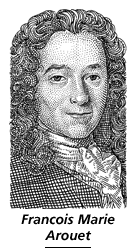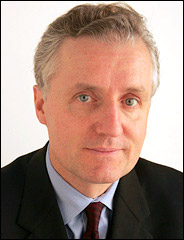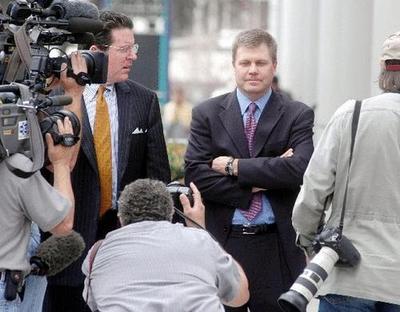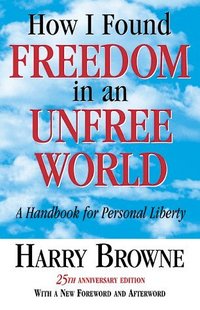 Better known by his nom de plume: Voltaire. Source of image: WSJ article cited below.
Better known by his nom de plume: Voltaire. Source of image: WSJ article cited below.
There is much to like about Voltaire: he defended reason; his novel Candide is hilarious; and he is reputed to have drunk more than 40 cups of coffee a day.
The enemies of freedom censored Voltaire when he was alive, 250 years ago. In an unintended tribute to the power of his ideas, today’s enemies of freedom still seek to censor him:
(p. A1) SAINT-GENIS-POUILLY, France — Late last year, as an international crisis was brewing over Danish cartoons of Muhammad, Muslims raised a furor in this little alpine town over a much older provocateur: Voltaire, the French champion of the 18th-century Enlightenment.
A municipal cultural center here on France’s border with Switzerland organized a reading of a 265-year-old play by Voltaire, whose writings helped lay the foundations of modern Europe’s commitment to secularism. The play, "Fanaticism, or Mahomet the Prophet," uses the founder of Islam to lampoon all forms of religious frenzy and intolerance.
The production quickly stirred up passions that echoed the cartoon uproar. "This play…constitutes an insult to the entire Muslim community," said a letter to the mayor of Saint-Genis-Pouilly, signed by Said Akhrouf, a French-born café owner of Moroccan descent and three other Islamic activists representing Muslim associations. They demanded the performance be cancelled.
Instead, Mayor Hubert Bertrand called in police reinforcements to protect the theater. On the night of the December reading, a small riot broke out involving several dozen people and youths who set fire to a car and garbage cans. It was "the most excitement we’ve ever had down here," says the socialist mayor.
The dispute rumbles on, playing into a wider debate over faith and free-speech. Supporters of Europe’s secular values have rushed to embrace Voltaire as their standard-bearer. France’s national library last week opened an exhibition dedicated to the writer and other Enlightenment thinkers. It features a police file started in 1748 on Voltaire, highlighting efforts by authorities to muzzle him. "Spirit of the Enlightenment, are you there?" asked a headline Saturday in Le Figaro, a French daily newspaper.
. . .
(p. A10) Now that tempers have calmed, Mayor Bertrand says he is proud his town took a stand by refusing to cave in under pressure to call off the reading. Free speech is modern Europe’s "foundation stone," he says. "For a long time we have not confirmed our convictions, so lots of people think they can contest them."
For the full story, see:
ANDREW HIGGINS. "Blame It on Voltaire: Muslims Ask French To Cancel 1741 Play; Alpine Village Riles Activists By Letting Show Go On; Calling on the Riot Police." The Wall Street Journal (Mon., March 6, 2006): A1 & A10.
(Note: ellipsis added.)




